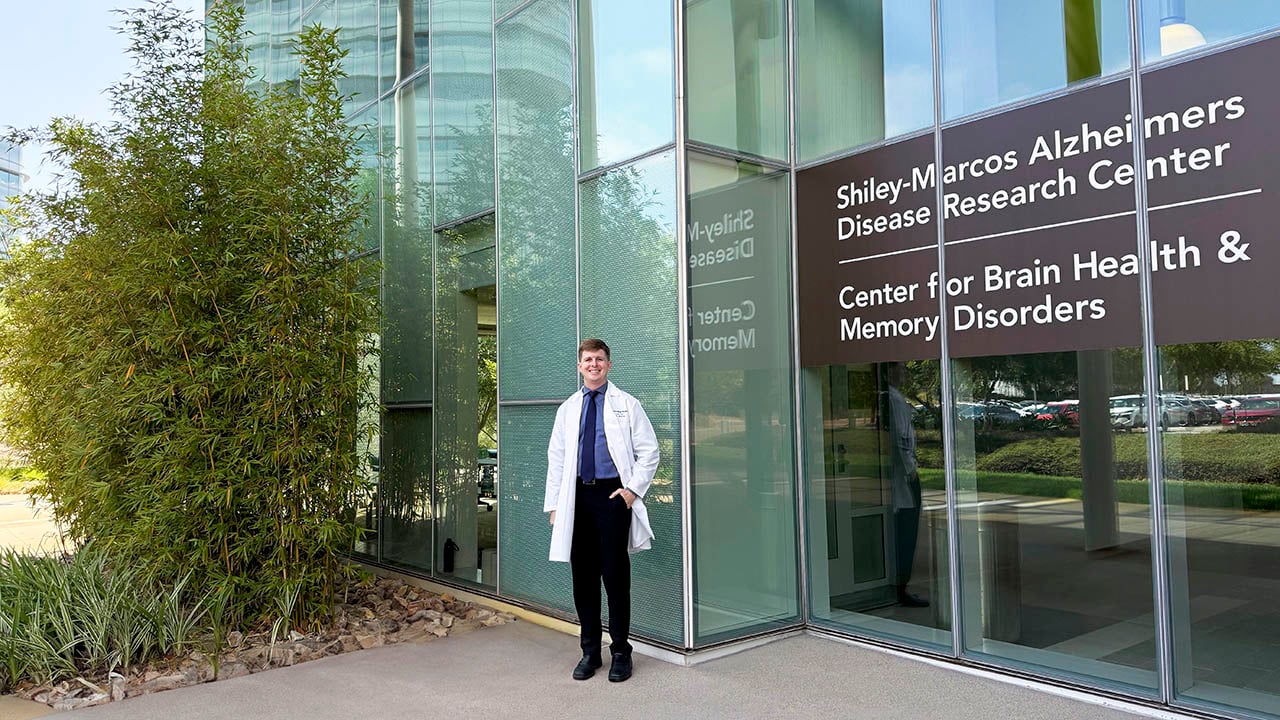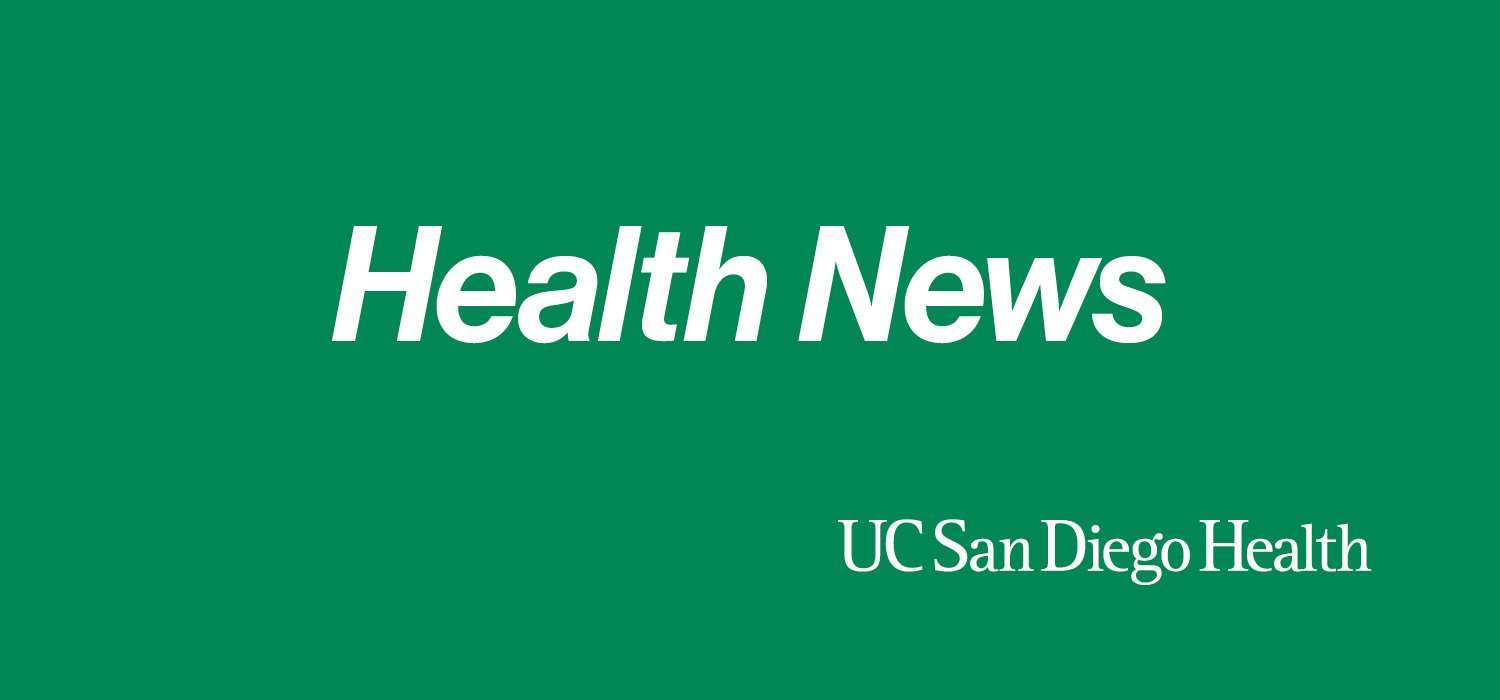February 17, 2026 | Jeanna Vazquez
UC San Diego Health Joins National Research for Maternal-Fetal CareRegion’s only academic medical center is now part of the NICHD Maternal-Fetal Care Network, expanding clinical trial access for patients in Southern California.



















